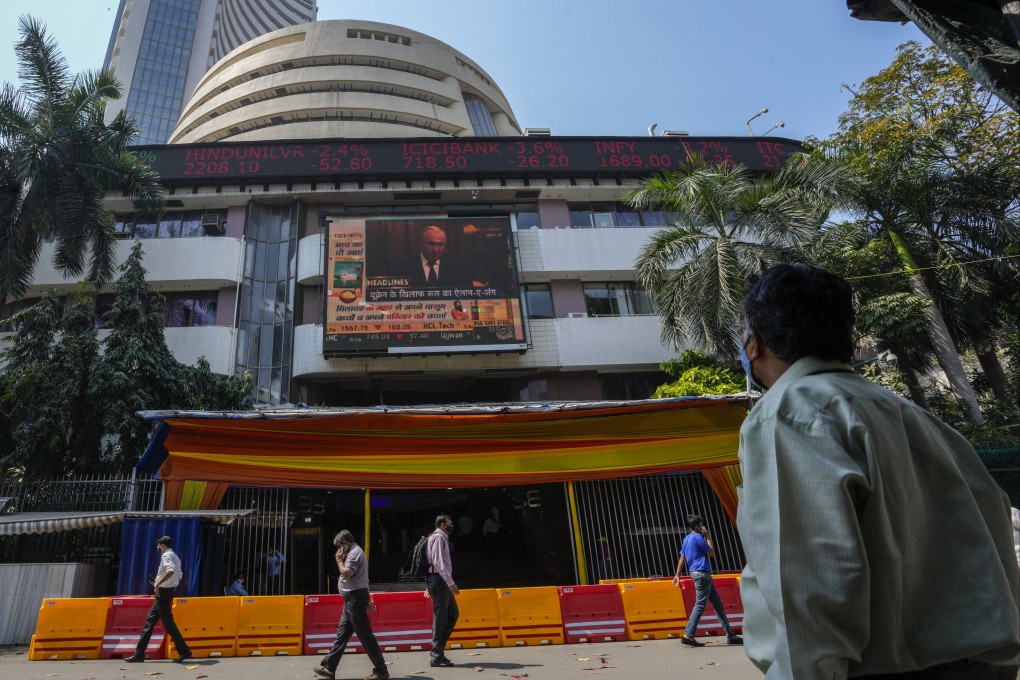China is losing out to India and Japan as strained ties with US hurt deals, exit prospects for private equity funds, EY says
- Private equity deal value in Greater China slumped 53 per cent in 2022, shrinking its share in Asia-Pacific to a nine-year low while India’s cake expanded
- Funds are excited about values in Japan, succession planning at conglomerates like Hitachi, Olympus and Toshiba, EY says

“India has become a big beneficiary of China de-risking,” said Luke Pais, Asia-Pacific private equity leader. “China-specific capital raising has slowed down and relocated increasingly to India.” Japanese companies are undervalued and low financing costs make it an attractive market, the firm added.
Asia-Pacific deal value plunged 44 per cent to US$198 billion in 2022, with exits and fundraising falling sharply below 2021 levels, according to Bain & Co’s survey published in March. Greater China, the region’s powerhouse, suffered the biggest contraction in deal activity, it added.

Covid lockdowns, declining growth, and US-China tensions abetted a 53 per cent drop in Greater China deal value, shrinking its share in the region to a nine-year low of 31 per cent, while India’s share expanded t0 23 per cent from 15 per cent, Bain said.
While India’s deal value fell 25 per cent in 2022, it was still 23 per cent higher than the average size during the 2017-2021 period, according to Bain. In China, the average deal value was 38 per cent below the level during the same period.
US and European funds have pulled back a bit from China, as “everybody is watching how the story plays out with the geopolitics,” Pais said, adding that recent meetings between US and Chinese officials were a heartening boost to sentiment.
Market volatility increased since the Federal Reserve began tightening its rate policy in March 2022 to tame inflation, while geopolitical tensions escalated over the South China Sea, Taiwan, technology and spying incidents. Globally, private equity investments fell by 15 to 30 per cent across regions.
